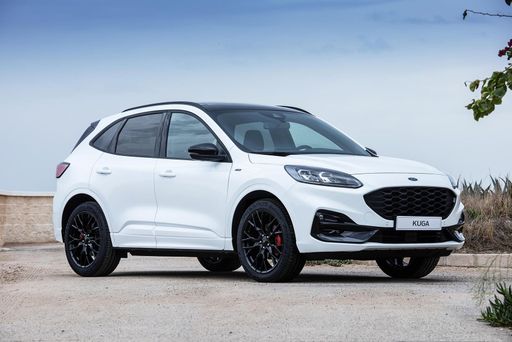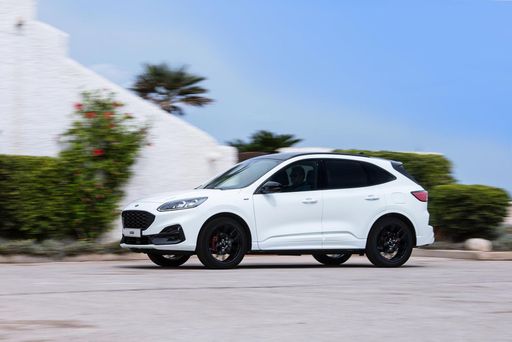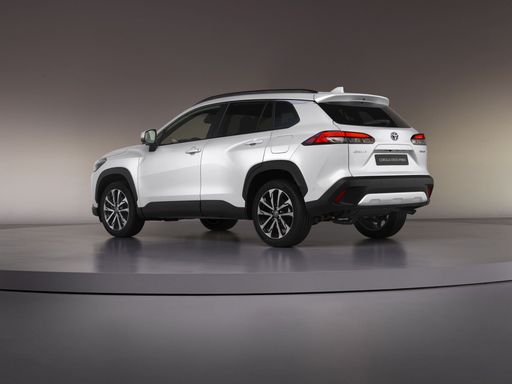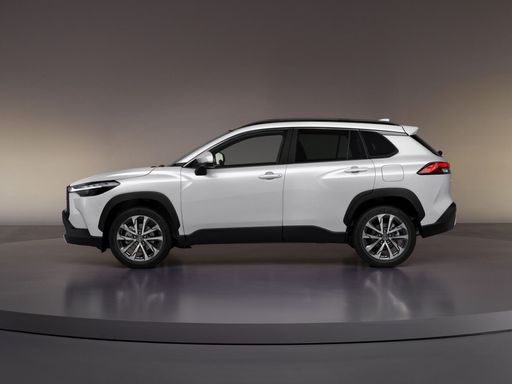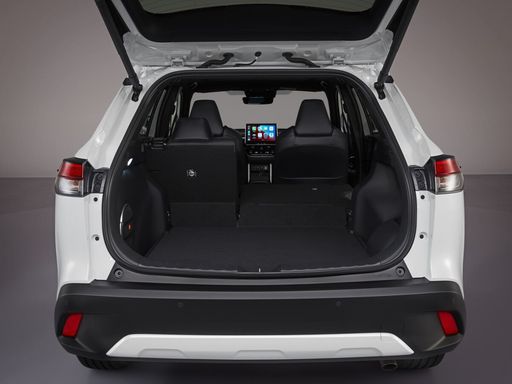Introduction
As the automotive landscape continues to evolve, the demand for versatile, efficient, and innovative SUVs grows. Two contenders that have made a splash in this segment are the Ford Kuga and the Toyota Corolla Cross. Both models boast impressive features, ample space, and cutting-edge technologies, but how do they stack up against each other? In this comparison, we delve into their technical aspects, innovations, and overall performance to help you make an informed decision.

